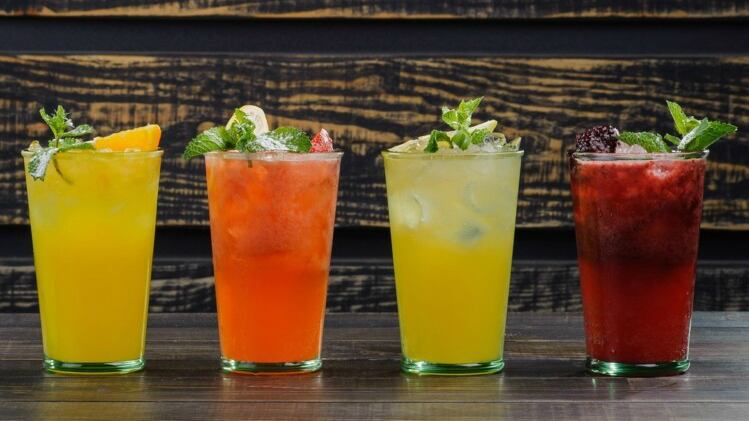As the industry gathered in Jakarta for the FI Asia show - which featured a raft of firms, including AstaReal, Beneo, PureCircle, Firmenich, ADM and Glanbia, touting the functional and health-boosting opportunities provided by their ingredients for beverages – we took a look at the state of the nation’s sector.
According to analysts at Euromonitor, soft drinks recorded low single-digit volume growth in 2017, a significant slowdown from the double-digit volume growth seen in 2016.
“This deceleration was due to declining consumer purchasing power as a result of the rising prices of necessities,” said the market research firm.
Indeed, last year Indonesia’s Finance Minister Sri Mulyani Indrawati said he was puzzled by sluggish spending across the entire economy, including food and beverages, despite pointing to a series of interest rate cuts and rising wages.
“All the necessary factors for supporting consumption are there,” he said. “This is something which is puzzling.”
Overall, the Indonesian economy grow by 5.1% last year – albeit less than the 7% promised by president Joko Widodo – and the World Bank is forecasting growth of 5.3% this year.
“However, the forecast face risks if global trade slows along with growth of domestic private consumption, which constitutes over half of the country’s GDP,” it warns.
Purchase power
So where does this leave beverage firms?
According to Indonesian Investments, consumer perceptions of bleak purchasing power is very much to blame, especially among the middle to lower class which accounts for about 40% of total demand in Indonesia's soft drinks industry.
However, the investment firm is more positive about 2018, pointing to the Indonesia's Industry Ministry targets to see the nation's soft drinks market grow by about 2-3% in 2018.
It also highlighted the “many gatherings related to the local elections (occasions when people take beverages) as well as the Asian Games,” as beneficial factors.
Euromonitor also sees signs of optimism from soft drinks manufacturers that have been gradually introducing new products with value-added health benefits.
These tend to be targeted at middle- to upper-income consumers, who still had high disposable incomes despite the unfavourable economic conditions.
“These included products which are deemed to be healthy, such as Ichitan Yen Yen (Asian speciality drinks), Love Vegie Fruit Premium (juice drinks), Hydro Coco Bits (coconut drinks with nata de coco and lemon), Del Monte Coffee (RTD coffee with grass jelly) and many more,” noted analysts.
They also believe that volume sales of soft drinks are expected to rebound in 2018, thanks to similar new product developments, both at the economy and functional ends of the market.
One point to watch, though, will be the impact of any new regulations.
As Indonesia Investments highlighted, “In late 2015 the government said it plans to impose an excise tax of between IDR 2,000 and IDR 3,000 (approx. USD $0.18) per litre of soda drinks. It remains unknown whether the government will go-ahead with this plan.”



